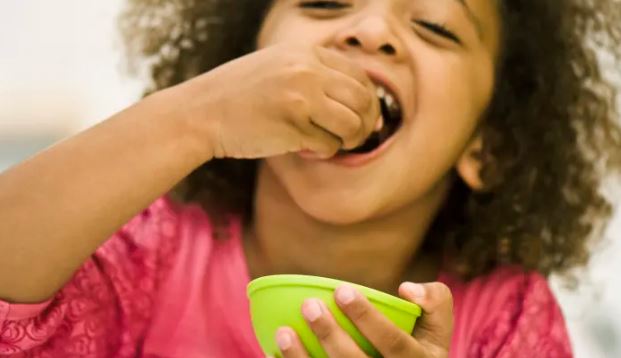Lifestyle
5 signs that a kid’s health is in danger

Being vigilant and recognising these warning signs can make a significant difference in addressing potential health issues early on.

Here are 5 prominent signs that a child’s health may be in danger.
1. They are tired or out of breath quickly
If a child is becoming unusually tired or short of breath during playtime or physical activities, it could indicate a hidden health issue. This could be a sign of respiratory problems like asthma, cardiovascular concerns, or even anemia. Keep an eye on their energy levels and breathing patterns, and consult a doctor if you notice that they are struggling more than usual during routine activities.
2. A regular refusal to healthy homemade meals
Children throwing tantrums occasionally is normal, but if a child consistently refuses healthy, homemade food and throws tantrums during meals, it could be a sign of a deeper issue. This behaviour might indicate nutritional deficiencies, digestive problems, or even emotional and psychological stress. Pay attention to these mealtime struggles, as they could signify a need for dietary adjustments or an evaluation by a paediatrician.
3. Disproportionate waistline from the rest of the body
While children’s bodies grow and develop differently, an unusually large waistline compared to their hips could be a red flag for potential health risks. This body shape may indicate the onset of obesity, which is associated with an increased risk of diabetes, cardiovascular diseases, and other serious health conditions. It’s essential to encourage a balanced diet and regular physical activity while keeping an eye on their growth patterns.
4. Loud snoring while they sleep
Snoring in children is often dismissed as harmless, but it can be a sign of sleep apnea or other respiratory issues. Sleep apnea can lead to disrupted sleep, fatigue, difficulty concentrating, and even developmental delays if left untreated. If your child snores regularly, especially if accompanied by pauses in breathing or gasping for air, it’s important to seek medical advice to rule out any underlying conditions.
5. Not getting a full night’s sleep
Adequate sleep is important for a child’s physical and mental development. If a child is consistently not getting at least 8 hours of restful sleep, it could be a sign of sleep disorders, anxiety, or other health problems. Poor sleep can affect their mood, behaviour, and academic performance. Observing their sleep patterns and addressing any issues, such as trouble falling asleep, frequent waking, or nightmares, is crucial for ensuring their overall well-being.








